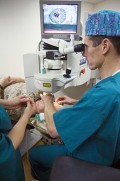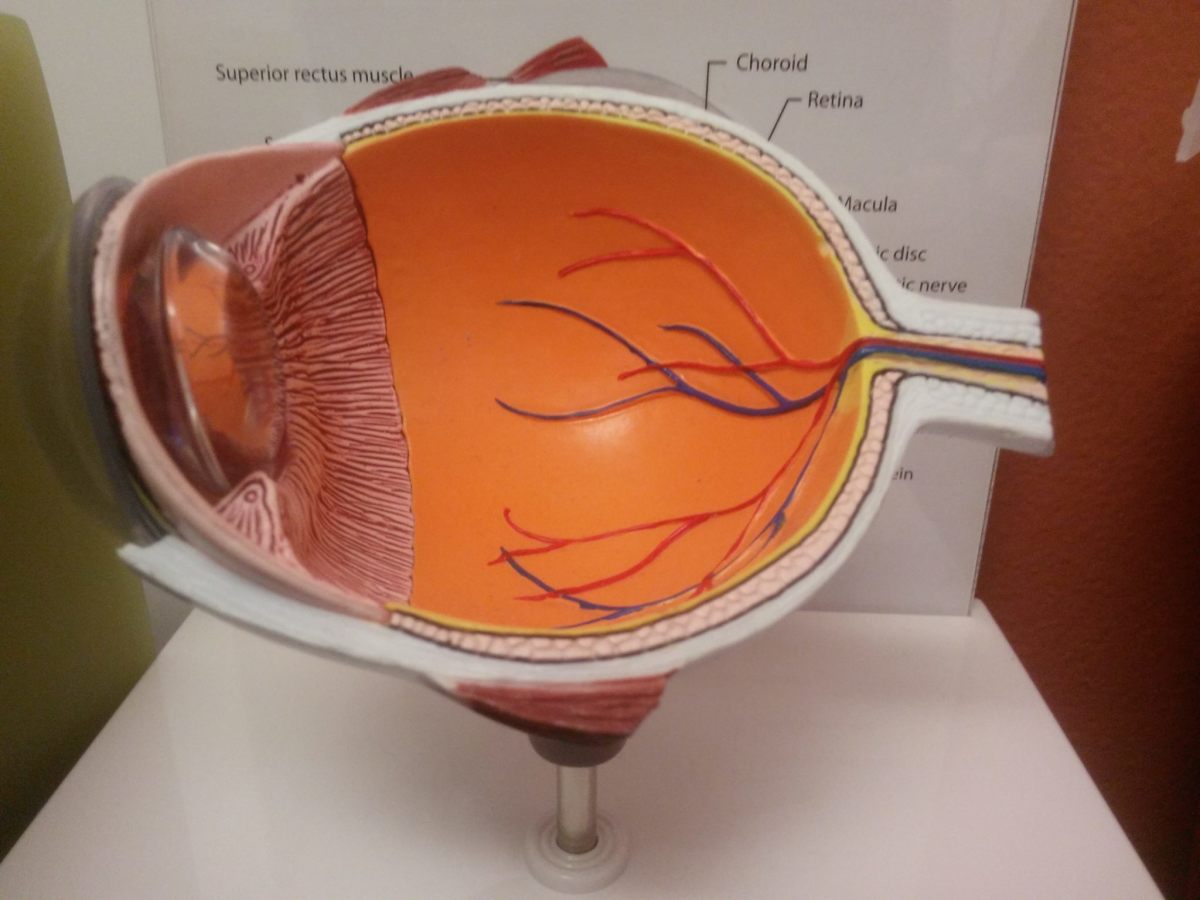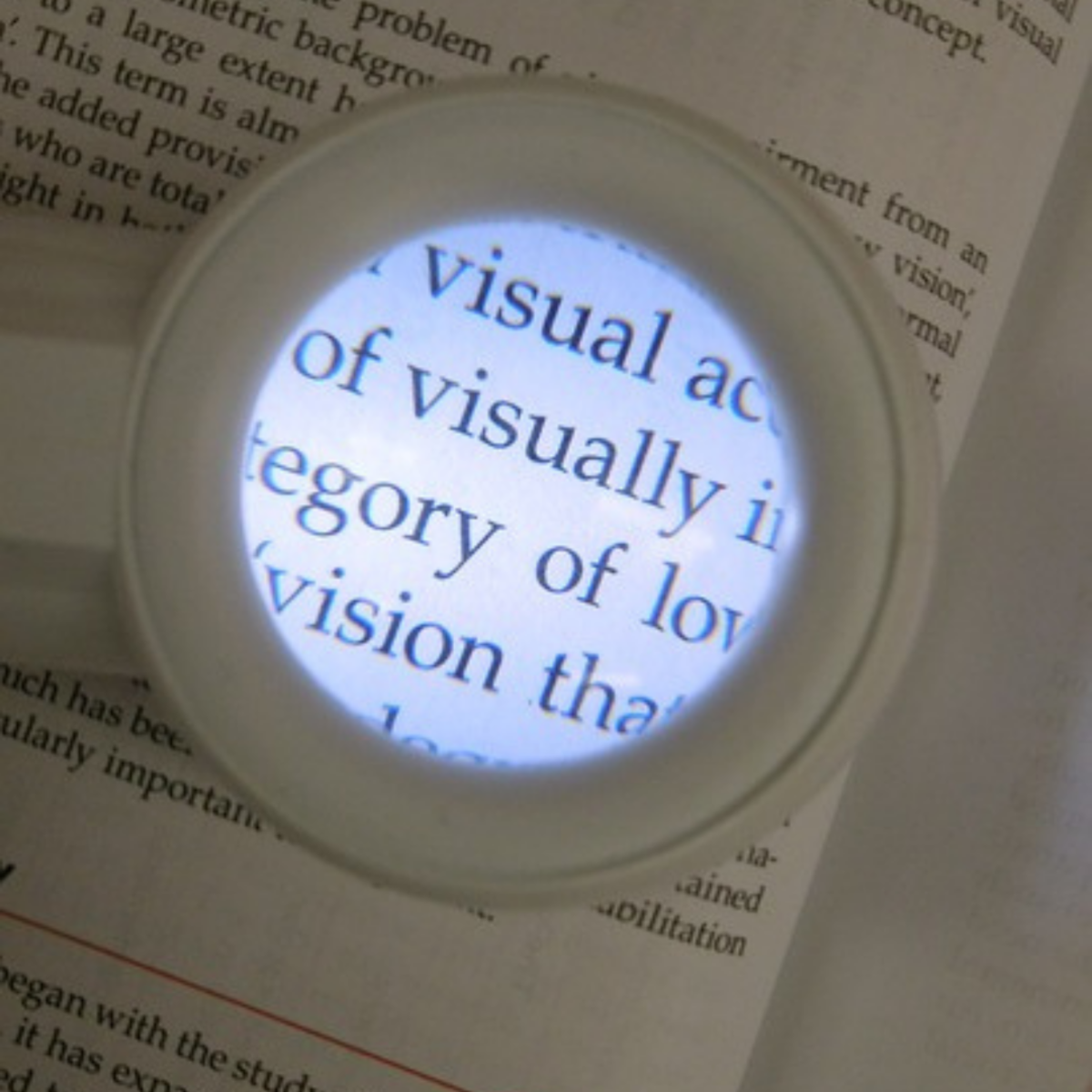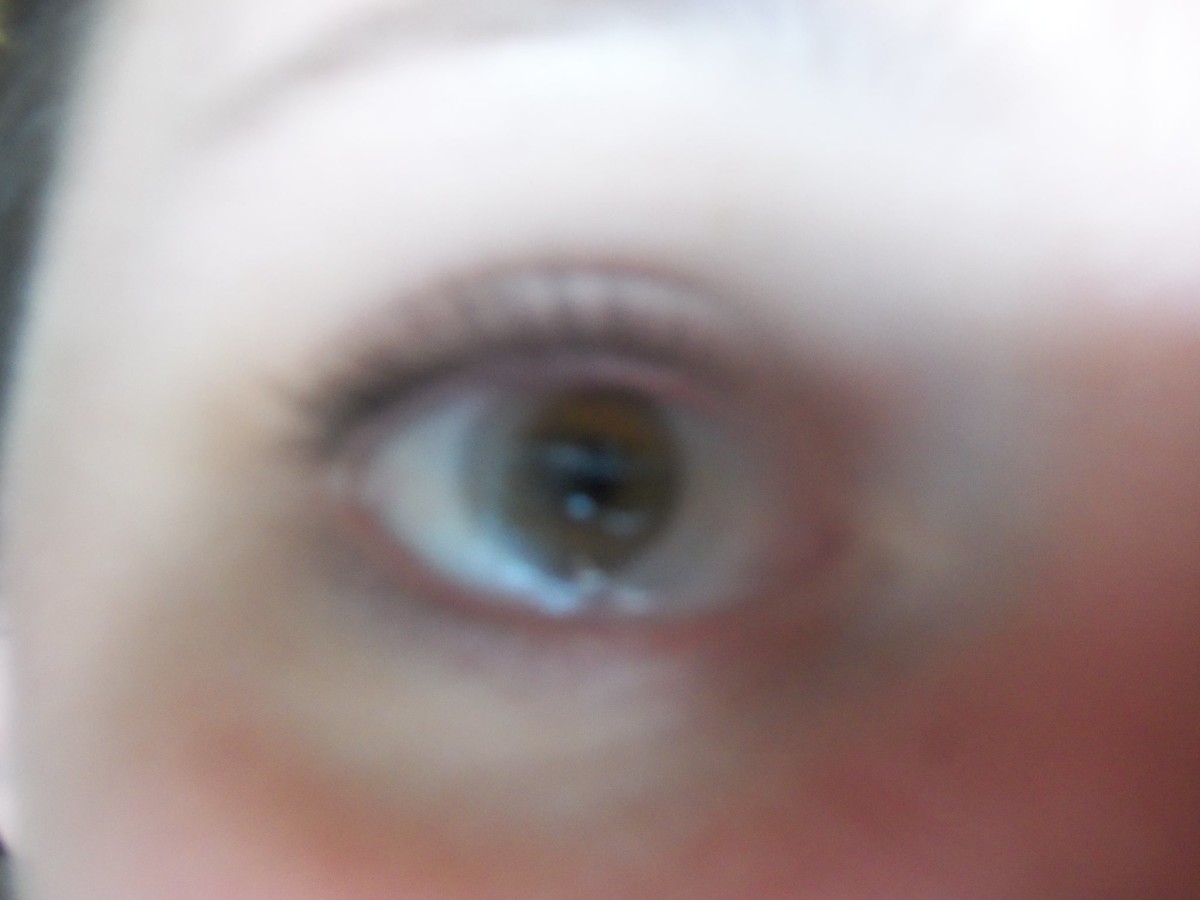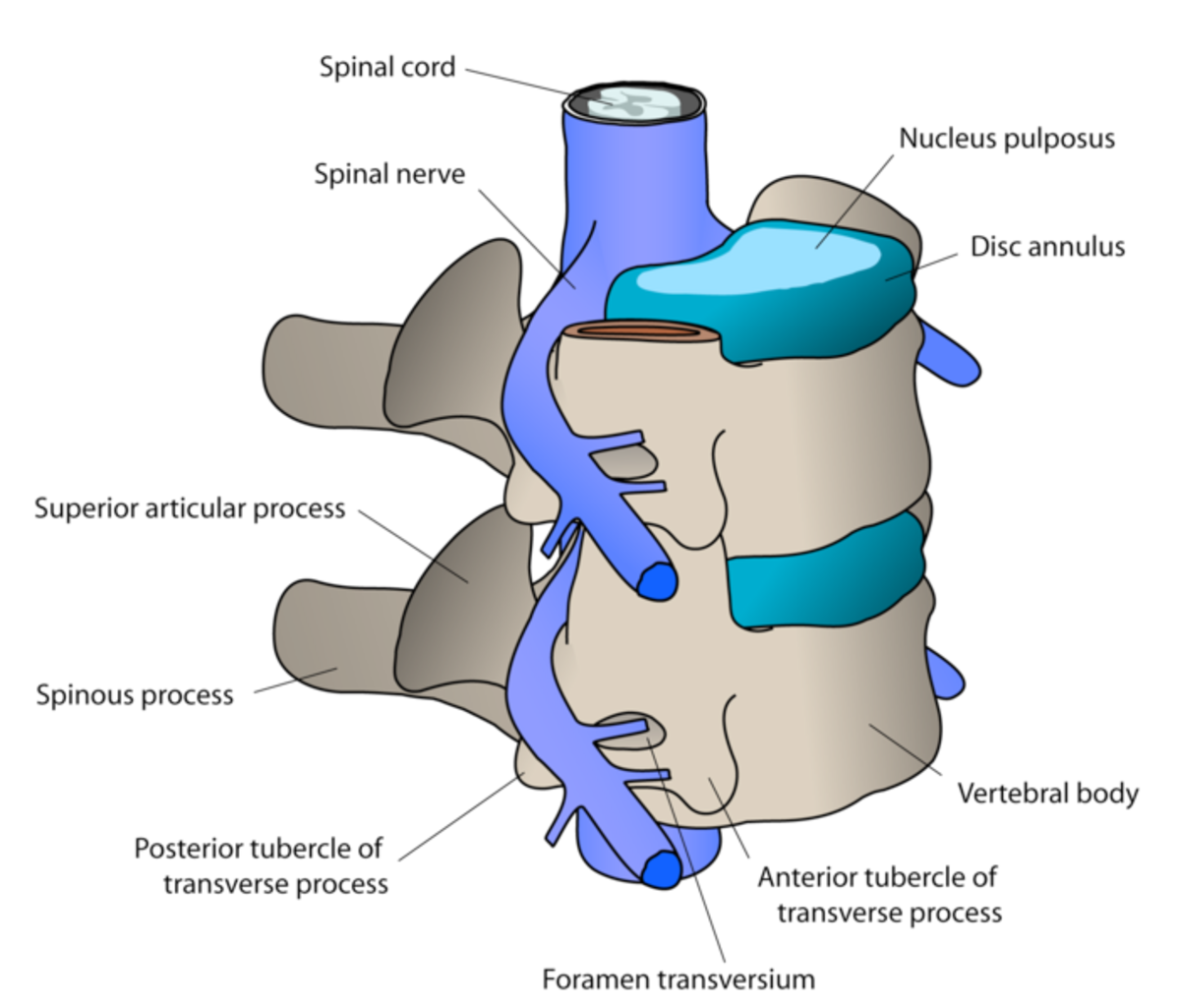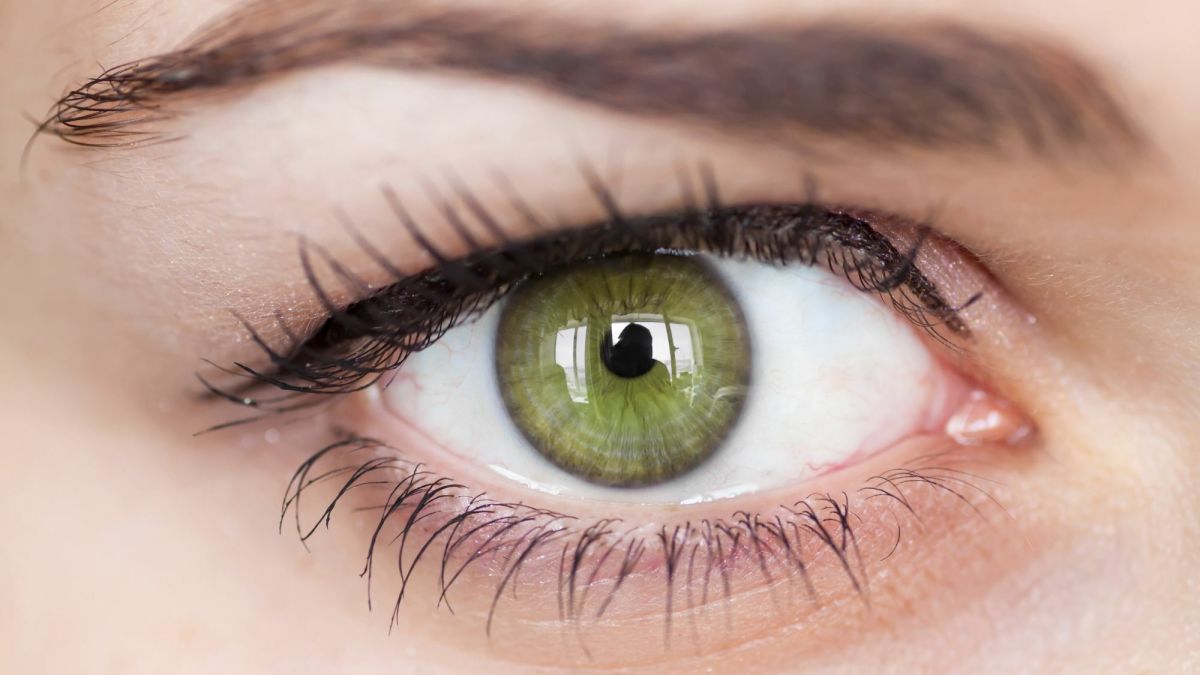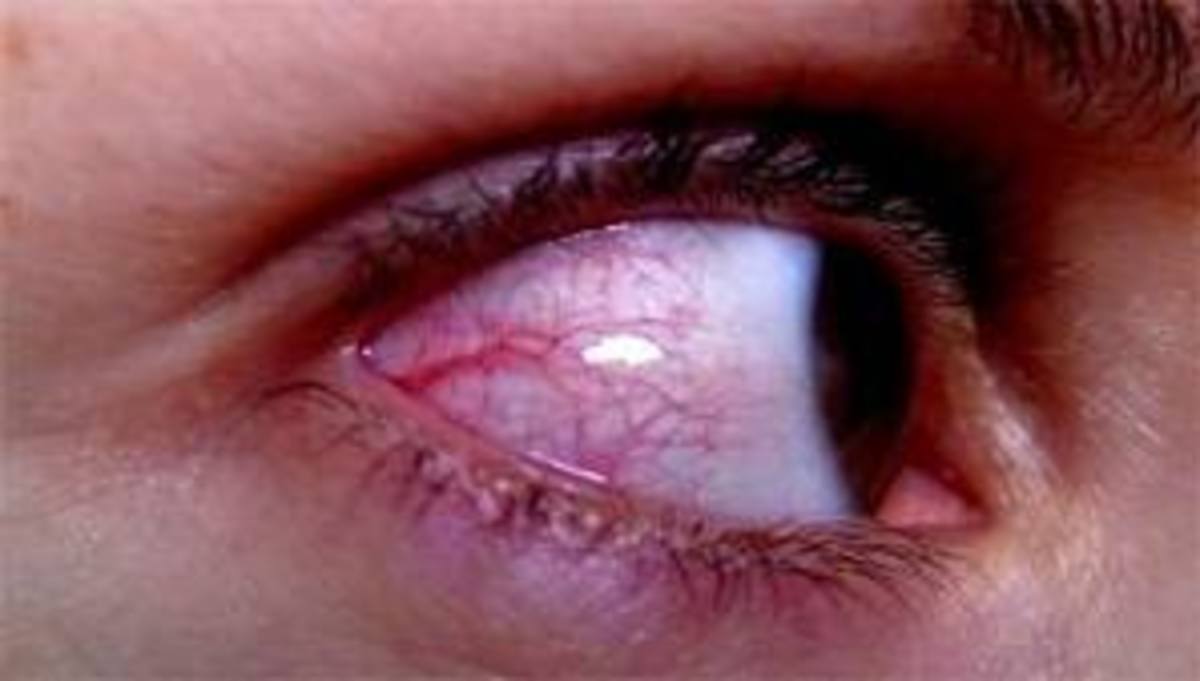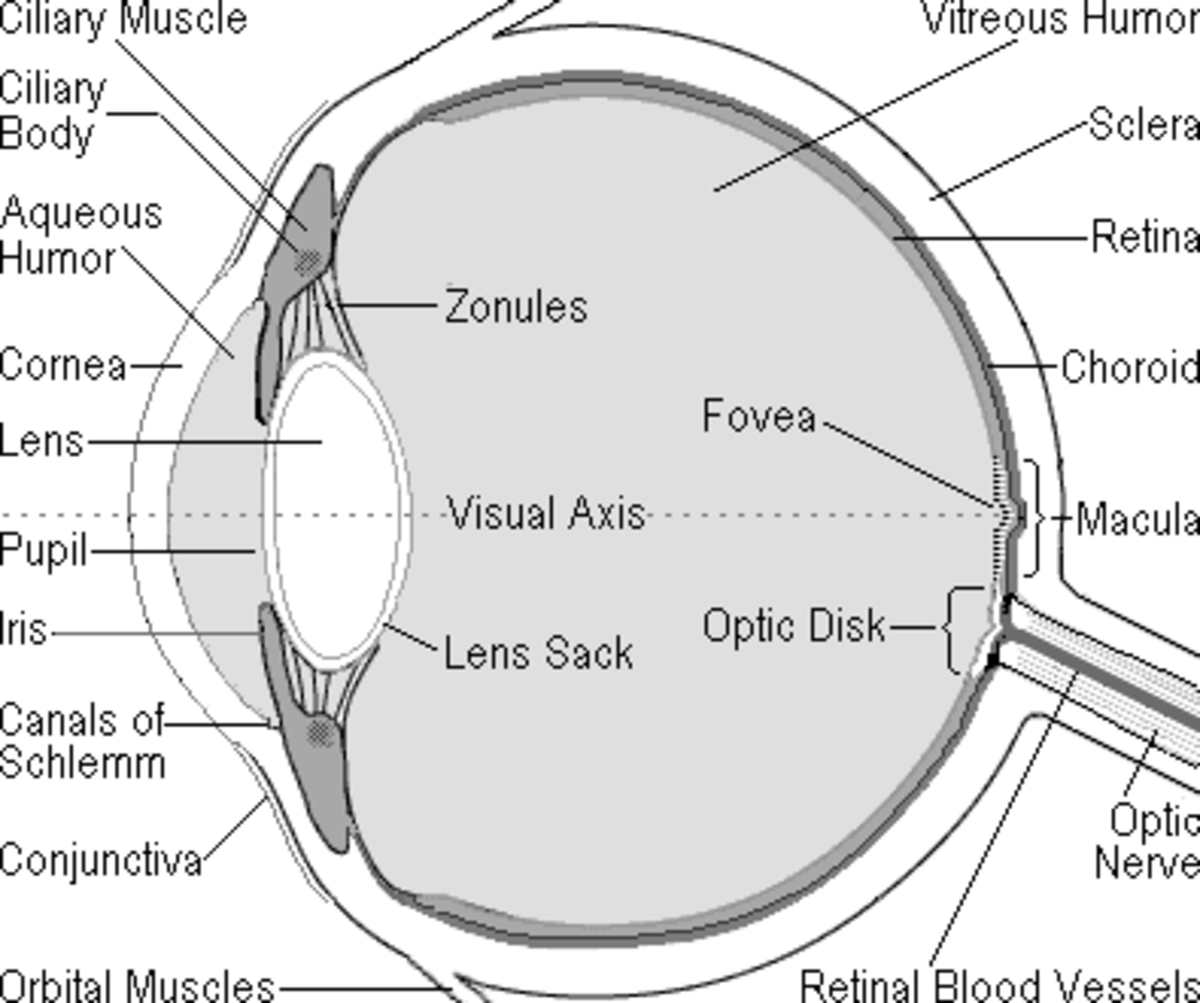Important Things to Know About Laser Eye Surgery Procedure
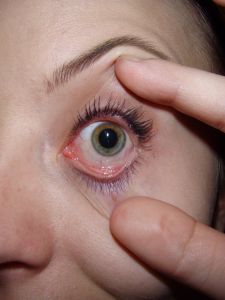
Overview
Laser eye surgery is the surgical procedure in which laser light (light amplification by stimulated emission radiation) is used to correct the shape of a patient's eye curvature in order to improve vision so that wearing corrective lenses such as eyeglasses or contact lenses is no longer necessary.
The surgeon uses laser light to reshape the front part of the eye known as the cornea so that the light traveling through it on the way to the retina at the back of the eye will be refracted to a degree that the patient can see clearly without corrective lenses.
LASIK Eye Surgery
One of the most popular laser eye surgery procedures which can reshape the cornea of the eye is LASIK (laser in-situ keratomileusis) eye surgery. LASIK is normally performed as an outpatient procedure in which the patient is awake and an anesthetic is applied to the eye in order to numb the area from any sensation.
The procedure takes between 10 and 15 minutes for each eye. Some patients opt to have only one eye done per procedure, although both eyes can be corrected using LASIK during one procedure.
Patients who want astigmatism, nearsightedness or farsightedness corrected using LASIK laser eye surgery must be at least 18 years of age, may not be pregnant or breast-feeding, should be in good general health with an eye prescription that has not fluctuated recently, may not be taking certain prescriptive drugs which can affect eye measurements, or have a chronic health condition involving the eyes such as glaucoma, diabetes or lupus.
Video: Lasik Eye Surgery
LASIK on Amazon
Common Procedure
Prior to the actual procedure, the patient undergoes a thorough eye examination that measures how the light waves travel through the cornea as it exists and what corrections are necessary in order to have the light waves refract without corrective lenses. It's important for the patient to be honest with the laser eye surgeon about any medications being taken or current health issues, as these can impact the outcome of the surgery. Some health considerations may disqualify a patient temporarily from having laser eye surgery, but it is better to be on the safe side rather than proceed and risk damage to the eye.
Although no sedation is required for the procedure, if the patient needs to be more relaxed during surgery the surgeon may prescribe some sort of sedative while the eye is prepared for surgery using drops to numb the surface of the cornea. In the first step of the laser surgery procedure, the surgeon uses laser light to cut a circular flap in the cornea based on the information obtained from the eye examination, gently folding this flap backwards and out of the way in order to reshape the cornea's surface by extracting very tiny pieces of tissue using the laser light.
Nearsighted patients usually need a cornea that is too steep an angle flattened. Farsighted people need more of an angle created on the cornea's surface and patients with astigmatism are helped by creating a more regularly shaped cornea by smoothing it with laser light. Once the exact amount of tissue has been removed or smoothed away from the cornea, the surgeon puts back the folded flap into place.
Patients should be driven home after the surgical procedure by a family member or friend. Post-operative laser eye surgery treatment usually involves resting for a day or two, with no strenuous activity or exercise for at least a week because this could damage the eye's healing process.
Care must also be taken not to rub the eyes while the cornea is healing. An over the counter pain reliever can be used to soothe the feelings of eye irritation that usually don't last more than 8 hours after surgery. Swimming, jacuzzi, hot tubs and wearing eye make-up must also be avoided for up to one month following surgery. Any pain or change in vision should be immediately reported to the surgeon, who does a follow-up examination within two days of the surgery.
The Risks
As with any surgical procedure, laser eye surgery carries certain health risks. Laser eye surgery risks include infection of the cornea following the procedure, scarring of the cornea which may prevent wearing corrective contact lenses in the future, the appearance of glare or halos, less visual acuity when driving after dark, increased eye dryness, a decrease in the ability to detect contrast in objects, feelings of irritation, temporary discoloration to the white of the eye, and a reduced ability to see clearly or even a permanent loss of vision in worst case scenarios.
Please note that there is no 100% guarantee. If your doctor gives you 100% guarantee then you should leave it.
Video: Side Effects
Laser Eye Surgery Benefits
Despite its numerous risks, laser eye surgery also carries numerous benefits. These include very little pain and discomfort either during and after the procedure, corrected vision that can already be noticed the day of or the day after surgery, a very high degree of success after just one procedure, the lack of any need for stitches or badages around the eyes following surgery, a very short recovery time, and the ability to fine tune the patient's vision with follow up laser procedures whenever further vision correction is required.
Who should not take this surgery?
Please note that not everybody suitable for this surgery due to various factors. Some factors that may be considering:
- Pregnancy. A pregnant woman is not recommended to take this surgery. The laser may harm her baby.
- Age. Laser surgery is not suitable for children because their vision still changes. Generally you should 18 or more to get this surgery.
- Health. Laser surgery patient should be in good health condition. Patient with vision related disease such as cataract or glaucoma is not recommended to take this surgery because it may reduce the surgery reflectivity. Patient with other disease such as diabetes is not recommended also, they may not able to heal quickly.
- Expectation. You are not suitable to take this surgery if you have high result expectations after the surgery. If you expect your vision will as good as you were young, then you are not suitable for this.This surgery have risks, the reflectivity of the surgery is vary from person to person.
How much it cost?
Laser eye surgery averages between $1500 and $2200, with those costs including follow-up care. The price paid for a laser eye surgery procedure such as LASIK must be weighed against the inconvenience of wearing eyeglasses or contact lenses versus spending the time, money and follow-up care to permanently correct the vision.
My Health Related Hubs
- Portable Oxygen Concentrators
Many people find it a necessity to seek the use of an oxygen concentrator to help with their various breathing difficulties. This could be due in part to the amount of pollutants in our atmosphere. The... - Stretch Mark Removal Surgery
Stretch mark laser surgery is a treatment to remove stretch marks through the use of laser technology. The laser is similar to what is used in LASIK eye surgery. The laser removes the very thin, top layers... - Home Laser Hair Removal
Many people, both men and women, suffer from some type of unwanted body hair and wish to get rid of it permanently. While there are several methods that can be used such as tweezing, waxing and... - Sedation Dentistry
Sedation dentistry. Sounds like the very reason a person would not want to see a dentist, doesnt it? The truth of the matter is that sedation dentistry is solution for individuals that suffer from dental...


